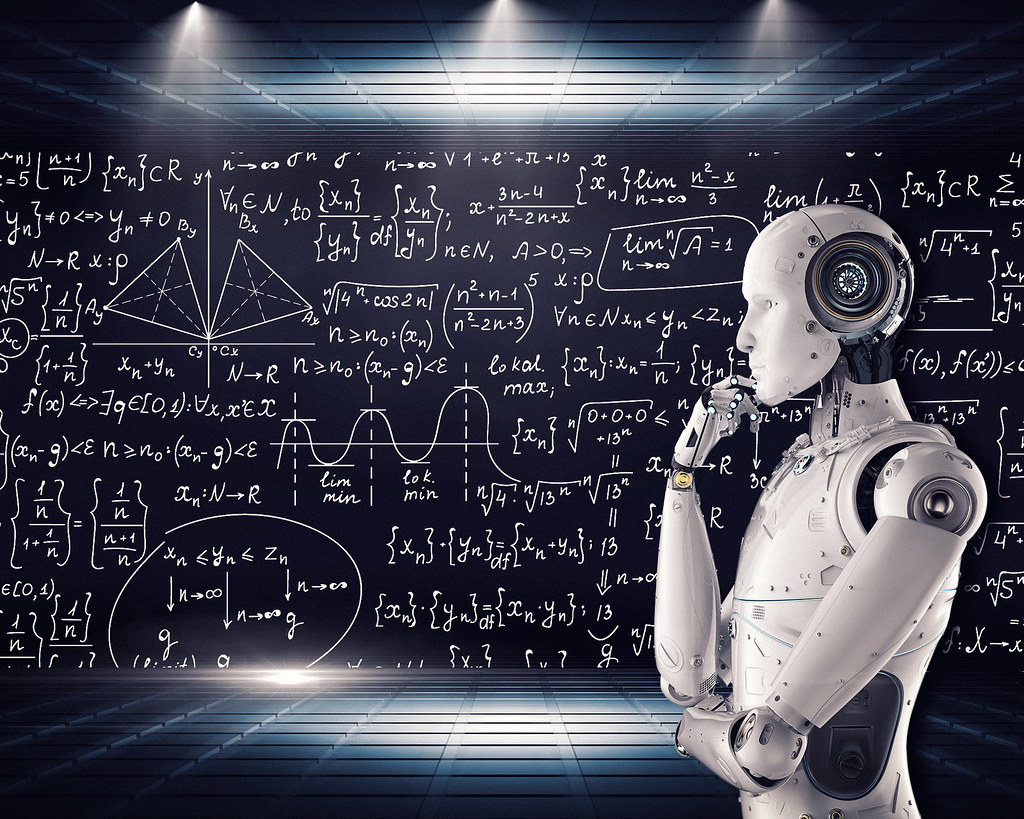Bridging the Gap: Exploring AI and Quantum Computing Differences
The dynamic technology landscape is currently abuzz with two terms that are significantly shaping the future: Artificial Intelligence (AI) and Quantum Computing. These concepts hold great potential for transforming industries and solving intricate problems, yet they fundamentally diverge in nature. AI is centered around replicating human intelligence and automating tasks, while Quantum Computing taps into the principles of quantum mechanics to execute computations that classical computers find nearly impossible. In this article, we delve into the complexities of AI and Quantum Computing, examining their distinctions, applications, and the intriguing possibilities of their collaboration.
Understanding Artificial Intelligence (AI)
Artificial Intelligence encompasses the emulation of human-like intelligence in machines, enabling them to mimic cognitive functions like learning, problem-solving, and decision-making. AI systems rely on algorithms and extensive datasets to identify patterns, make predictions, and enhance their performance progressively. There are two primary categories of AI: Narrow AI and General AI.
1. Narrow AI: Also recognized as Weak AI, Narrow AI is purpose-built to execute specific tasks within a confined domain. Illustrations of Narrow AI include voice-activated assistants like Siri and Alexa, recommendation systems on streaming platforms, and self-driving vehicles. These systems excel within their designated functions but lack the capacity to understand or perform tasks beyond their prescribed scope.
2. General AI: Commonly referred to as Strong AI, General AI envisions machines possessing cognitive capabilities akin to humans. These hypothetical AI systems would possess consciousness, self-awareness, and the aptitude to perform any intellectual task that a human can. General AI, however, remains largely theoretical and introduces ethical and philosophical quandaries.
AI technologies, encompassing machine learning and deep learning, have gained substantial traction across diverse industries. They have revolutionized healthcare, finance, marketing, and more. Chatbots cater to customer support, medical diagnoses are facilitated by AI-driven tools, and intricate financial predictions are formulated using sophisticated algorithms.
Unveiling Quantum Computing
Quantum Computing ushers in an entirely distinct computing paradigm by harnessing the principles of quantum mechanics to undertake calculations at speeds unattainable for classical computers. Conventional computers employ bits as the smallest units of information, representing values as 0s and 1s. Quantum computers, in contrast, harness quantum bits or qubits, which can represent 0, 1, or any superposition of these states owing to quantum entanglement.
Quantum Computing possesses the potential to solve predicaments that are currently insurmountable for classical computers. A notable algorithm is Shor’s algorithm, which efficiently factors large numbers—an essential task for cryptography. While classical computers would necessitate an impractical span to factorize large numbers, quantum computers could execute this task exponentially faster, ushering forth opportunities alongside security concerns.
Key Differences Between AI and Quantum Computing
Nature and Purpose
The crux of the distinction between AI and Quantum Computing lies in their nature and purpose. AI revolves around emulating human-like intelligence and automating tasks that would otherwise necessitate human intervention. Quantum Computing, conversely, centers on leveraging quantum mechanics’ principles to execute computations that classical computers are incapable of handling.
Underlying Principles
AI draws upon algorithms and substantial datasets to learn from patterns and make predictions. Its foundations are rooted in mathematics, statistics, and computer science. Quantum Computing, in contrast, is deeply rooted in the principles of quantum mechanics—an area delving into matter and energy behaviors at the smallest scales. Quantum computers manipulate qubits and exploit phenomena such as superposition and entanglement to conduct computations.
Problem Solving
AI primarily concentrates on addressing intricate problems by learning from historical data. It excels in tasks like image recognition, natural language processing, and strategic game playing. Quantum Computing, while also adept at tackling intricate problems, is tailored to solving specific problems that involve vast data volumes and intricate calculations, such as optimization challenges and cryptography.
Speed and Efficiency
Quantum Computing holds the potential to execute specific calculations exponentially faster than classical computers. This acceleration arises from qubits’ inherent parallelism when in a superposition state. AI’s performance is contingent upon algorithm intricacies, dataset quality, and the computational power accessible.
Applications
AI finds application across an extensive array of industries, spanning healthcare, finance, entertainment, and manufacturing. Quantum Computing’s applications are more specialized due to its experimental nature and prevailing constraints. It holds promise for cryptography, optimization, material science, drug discovery, and the simulation of quantum systems.
Maturity
AI stands as a relatively mature field, with practical applications seamlessly integrated into numerous industries. Quantum Computing, while making substantial progress, remains in its infancy. Establishing and sustaining stable qubits, which are exceptionally susceptible to environmental interference, remains a formidable technical challenge.
Potential Synergies
Despite their distinct focuses, AI and Quantum Computing exhibit potential synergies that could expedite progress in both domains.
Quantum-enhanced Machine Learning
Quantum Computing has the potential to enhance machine learning algorithms by conducting intricate calculations more efficiently. Quantum machine learning endeavors to resolve optimization issues more effectively, resulting in superior model training and more precise predictions.
Quantum AI
The concept of Quantum AI envisions a fusion of AI algorithms with quantum computers. This amalgamation could yield improved AI models, swifter training cycles, and novel AI approaches that harness quantum attributes.
AI-driven Quantum Research
AI’s contributions extend to Quantum Computing by aiding in the development of quantum algorithms, refining error correction methodologies, and assisting in the analysis of experimental data. Machine learning could aid in mitigating the noise and errors inherent in quantum systems.
Conclusion
In the ever-evolving realm of technology, AI and Quantum Computing emerge as two pivotal realms of innovation, each possessing unique goals and fundamental principles. While AI strives to mimic human intelligence and automate tasks, Quantum Computing taps into quantum mechanics to solve challenges that classical computers cannot surmount. Despite their disparities, both domains hold substantial potential to revolutionize industries and reshape our comprehension of computation. As researchers and engineers continue to stretch the boundaries of the attainable, the convergence of AI and Quantum Computing may engender paradigm-shifting breakthroughs that sculpt the trajectory of technological advancement.
